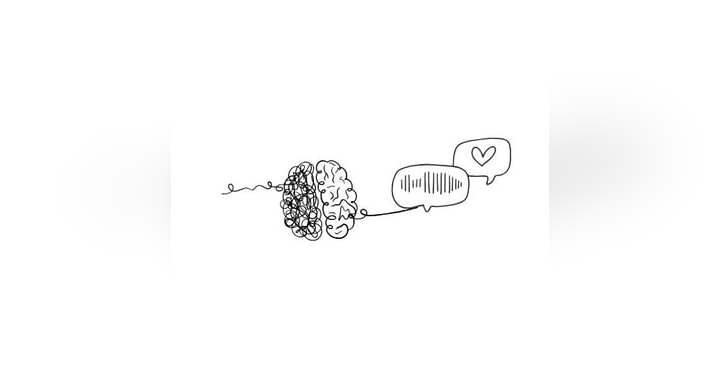Circadian Rhythm
Embracing Your Inner Clock: The Power of Circadian Rhythm in Women's Mental Health
Imagine if we lived in a world where feeling tired, overwhelmed, or out of sync was just...less common. Where our energy peaked at just the right times, serene, restorative sleep was the norm, not a rarity. This isn't a fantasy—it's the potential reality that understanding and aligning with our circadian rhythm can offer.
The concept might sound scientific, reserved for the labs and not our everyday lives, but it's profoundly relevant, especially for us, the multitasking, ever-adapting, resilient women. If you've ever felt like you're fighting against your own body's clock, struggling to stay awake, or falling asleep, it's time to delve into the world of circadian rhythms—your internal timekeeper—and how aligning with it can significantly boost your mental wellness.
The Essence of Circadian Rhythm
Understanding Your Body’s Internal Clock
At its core, the circadian rhythm is your body's natural, internal system designed to regulate feelings of sleepiness and wakefulness over a 24-hour period. External cues like light and darkness have an impact on it, creating a gorgeously intricate dance between the environment and your physiology.
Why It Matters
For us women, the stakes are even higher. Our hormonal fluctuations, which can significantly impact our circadian rhythm, interplay with every aspect of our well-being, from mood swings to food cravings, making understanding this rhythm not just beneficial, but essential.
Listen to the podcast here!
The Impact of Disrupted Circadian Rhythms
Real Stories from Real Women
Alisha, a 35-year-old nurse, shares how night shifts wreaked havoc on her mental health, leading to bouts of insomnia and depression. Her story is a stark reminder of the critical balance our bodies seek.
Remember, embracing your inner clock isn't just about better sleep or more energy; it's a pathway to a balanced, fulfilling life. Together, let's unlock the potential of our circadian rhythms for our mental health and for a brighter, more resilient tomorrow.
Expert Insights
Dr. Laura Jansen, a renowned sleep expert, notes, "Disrupted circadian rhythms are linked to a myriad of health issues, including anxiety, depression, and even chronic conditions like heart disease."
Aligning with Your Circadian Rhythm
The Science of Light and Dark
One of the simplest ways to reset our internal clock is through exposure to natural light and darkness at the right times. This can significantly improve our sleep quality and mental state.
Tailoring Routines to Your Rhythm
Identifying your personal energy highs and lows throughout the day and adjusting your schedule accordingly can lead to more productive, less stressful days. It's about working with your body, not against it.
Practical Tips for Syncing with Your Circadian Rhythm
Morning and Evening Rituals
Simple rituals can have profound effects. Incorporating morning light exposure and winding down without screens can be the bookends to a day aligned with your natural rhythm.
Nutrition’s Role
The timing of meals plays a pivotal role in our circadian rhythm. A balanced diet, timed appropriately, can support your body's natural cycle, promoting energy and well-being.
Exercise and Your Inner Clock
Regular exercise can help to reset our circadian rhythm, particularly if done in the morning, when it can boost our sleep quality and mood.
A Collective Journey
Many women have embarked on the journey to align with their circadian rhythm, experiencing transformative effects on their mental health. By sharing these stories, we weave a narrative of hope, challenge, and triumph.
The journey to aligning with our circadian rhythm is deeply personal yet universally empowering. It's about reclaiming our natural state, where our mental wellness doesn't just survive but thrives.
We've shared stories, insights, and practical tips, but the conversation doesn't end here. Your experiences, your struggles, and your victories in syncing with your circadian rhythm are important. Let's continue to break the stigma, share and learn from each other.
We invite you to share your story. How has understanding and aligning with your circadian rhythm impacted your mental health? What challenges have you faced, and how have you overcome them? Your journey could light the way for someone else.











